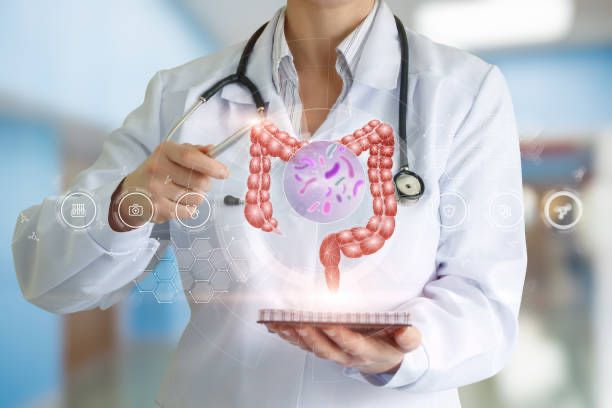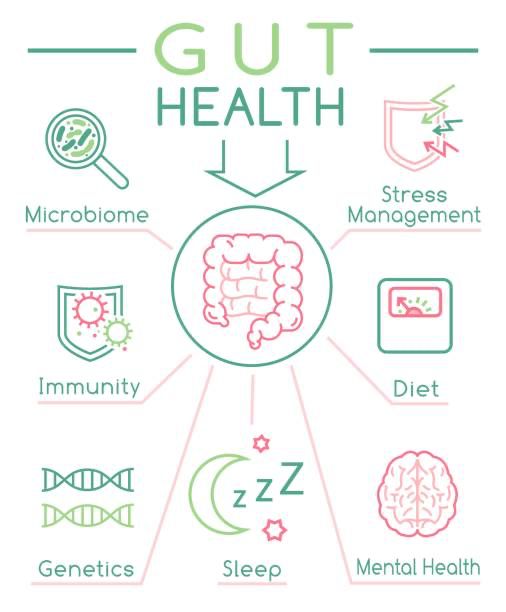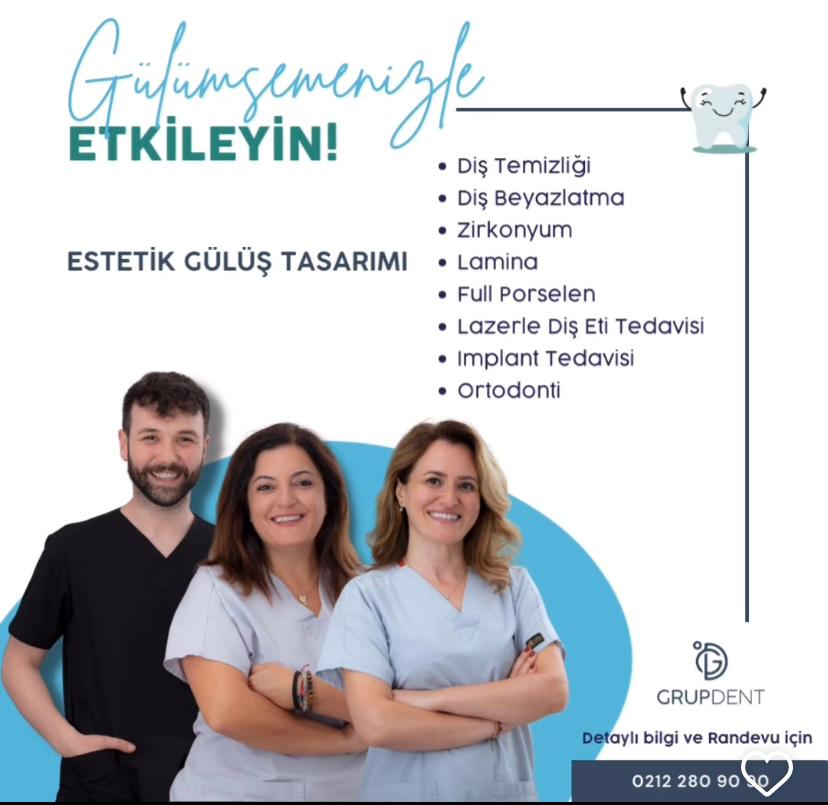
You can spend hundreds of dollars on the latest skincare products, but if your gut is out of balance, that glow might never come. The secret to radiant skin and a stable mood starts not on your vanity, but in your gut.
The health and diversity of your gut microbiome—those trillions of bacteria, fungi, and microbes living in your digestive tract—impact everything from digestion to immune function to mental health. However, what is less commonly discussed is how your gut health directly impacts your skin and emotional well-being.
Skin breakouts, dullness, inflammation, anxiety, and mood swings may not seem connected, but they often trace back to the same source: an imbalanced gut. Fixing it could be the ultimate beauty and mood hack you never knew you needed.
The Gut-Skin-Mood Axis – How It’s All Connected

Your gut is often called your “second brain” because it communicates constantly with your nervous system and influences key hormones involved in mood and skin health.
The Microbiome’s Role
Your gut contains over 100 trillion microbes that regulate digestion, inflammation, and immune responses. When your microbiome is balanced, beneficial bacteria thrive, keeping inflammation low and nutrient absorption high. However, when your gut is out of balance (a condition known as dysbiosis), harmful bacteria take over, triggering systemic inflammation that manifests in unexpected ways.
Fun fact: Your gut produces about 90% of your serotonin, the neurotransmitter responsible for mood stability and happiness.
The Skin Connection
Inflammation from poor gut health increases oxidative stress and impairs your skin barrier. This can lead to:
• Acne
• Eczema and psoriasis
• Rosacea
• Dullness and poor skin texture
When your gut lining becomes “leaky” (a condition known as intestinal permeability or “leaky gut”), toxins and undigested food particles can enter your bloodstream, causing an inflammatory cascade that shows up on your skin.
I know this firsthand. Reflecting on my journey with acne, I recall the initial treatment plan prescribed by my dermatologist: a combination of antibiotics and birth control pills. This regimen yielded temporary relief, with my skin clearing up for a period. However, the improvements were short-lived, and the acne resurfaced, leading to frustration and a sense of helplessness.
Determined to find a more sustainable solution, I began researching alternative approaches and stumbled upon the potential impact of diet and lifestyle on skin health. I decided to transition to a whole-food diet, rich in fruits, vegetables, lean proteins, and whole grains, while eliminating highly processed foods and reducing sugar intake. This shift aimed to reduce inflammation and provide essential nutrients to support skin health.
Incorporating stress management techniques became another cornerstone of my new routine. I embraced practices such as yoga and meditation to promote relaxation and hormonal balance, understanding that stress can exacerbate acne.
Over time, these lifestyle changes led to a significant improvement in my skin. The persistent acne that once plagued me diminished, and I experienced not only clearer skin but also an enhanced sense of well-being. This personal experience underscored the profound connection between diet, stress management, and skin health, highlighting the importance of a holistic approach to acne treatment.
The Mood Connection
Ever feel bloated and moody after a night of heavy eating and drinking? That’s because your gut produces not only serotonin but also dopamine and GABA, neurotransmitters that regulate anxiety, motivation, and relaxation. Dysbiosis can disrupt these processes, leading to:
• Anxiety and irritability
• Brain fog and difficulty focusing
• Poor sleep and fatigue
Signs Your Gut Might Be Out of Balance
If any of these sound familiar, your gut might need some extra care:
* Chronic bloating, gas, or irregular digestion
* Acne, eczema, or unexplained rashes
* Feeling anxious, irritable, or “off” for no reason
* Brain fog or trouble concentrating
* Poor sleep quality and low energy

How to Fix Your Gut for Better Skin and a Brighter Mood
1. Feed the Good Bacteria
A diverse gut microbiome thrives on whole, nutrient-rich foods that contain prebiotics and probiotics.
• Probiotics – Found in fermented foods like kimchi, sauerkraut, kefir, and miso. They replenish healthy gut bacteria and restore balance.
• Prebiotics – Found in garlic, onions, asparagus, and bananas. Prebiotics act as food for probiotics, helping them multiply and thrive.
Pro Tip: A high-quality probiotic supplement with strains like Lactobacillus rhamnosus and Bifidobacterium has been shown to improve both skin and mood.
2. Ditch the Gut Disruptors
Certain foods and lifestyle habits can damage your gut lining and kill off beneficial bacteria:
* Ultra-processed foods and refined sugars – Feed harmful bacteria and increase inflammation.
* Alcohol – Disrupts the gut barrier and reduces microbial diversity.
* Antibiotics – Necessary at times, but should be followed with a probiotic protocol to restore balance.
3. Heal the Gut Lining
A damaged gut lining leads to increased inflammation and poor nutrient absorption.
* Bone broth – Rich in collagen, glycine, and glutamine, which help repair gut lining.
* L-glutamine – An amino acid that strengthens gut integrity and reduces permeability.
* Collagen peptides – Support skin elasticity and improve gut barrier function.
4. Stress Less (Your Gut Will Thank You)
Stress increases cortisol, which can weaken the gut lining and throw off microbial balance.
Try these stress-busting techniques:
* Humming Breath (Bhramari Pranayama) – Inhale for 4 counts, exhale with a low humming sound for 6 counts. This activates the vagus nerve and promotes relaxation.
* Yoga and Meditation – Mindfulness reduces cortisol and supports gut health.
* Sleep Hygiene – Aim for 7–8 hours of sleep to allow your gut and skin to repair overnight.
The Gut-Glow Plan
Here’s how to support your gut daily for better skin and mood:
Morning:
* Start with a glass of lemon water to stimulate digestion.
* Take a high-quality probiotic supplement.
Lunch:
* A gut-friendly bowl with leafy greens, avocado, fermented veggies, and olive oil.
* Include salmon or sardines for omega-3s to reduce inflammation.
Evening:
* Wind down with chamomile tea and 5 minutes of breathwork to activate your vagus nerve.
* Take a magnesium glycinate supplement for relaxation and digestive support.
Why Gut Health Is the Ultimate Glow-Up
Glowing skin and a balanced mood don’t come from quick fixes or expensive serums—they come from within. When you take care of your gut, your whole body benefits: clearer skin, better sleep, more stable moods, and improved energy.
Your gut is more than a digestive system—it’s the key to your mental, emotional, and physical glow-up.
Medical Disclaimer: The information provided in this article is for educational purposes only and is not intended as a substitute for professional medical advice, diagnosis, or treatment. Always seek the advice of your physician or other qualified health provider with any questions you may have regarding a medical condition or before starting any new health regimen.
Katherine Roy
References:
Caltech. (2015, April 20). Microbes help produce serotonin in gut.
https://www.caltech.edu/about/news/microbes-help-produce-serotonin-gut-46495
DermNet. (2023, September 1). The gut microbiome in skin disease.
https://dermnetnz.org/topics/the-gut-microbiome-in-skin-disease
Dermatology Times. (2021, August 15). Gut health and its impact on the skin. https://www.dermatologytimes.com/view/gut-health-and-its-impact-on-the-skin
Foster, J. A., & Neufeld, K. M. (2013). Gut–brain axis: How the microbiome influences anxiety and depression. Trends in Neurosciences, 36(5), 305–312. https://doi.org/10.1016/ j.tins.2013.01.005
Frontiers in Microbiology. (2018, June 26). The gut microbiome as a major regulator of the gut-skin axis. https://www.frontiersin.org/articles/10.3389/fmicb.2018.01459/full
Li, Q., & Zhou, J. M. (2016). The microbiota–gut–brain axis and its potential therapeutic role in autism spectrum disorder. Neuroscience, 324, 131–139. https://doi.org/10.1016/j.neuroscience.2016.03.013
Nature. (2022, February 15). Associations of neurotransmitters and the gut microbiome with emotional distress. https://www.nature.com/articles/s41598-022-05756-0
Psychology Today. (2023, April 10). Depression, serotonin, and the gut.
Tandfonline. (2022, July 15). Impact of gut microbiome on skin health.
https://www.tandfonline.com/doi/full/10.1080/19490976.2022.2096995
Wikipedia. (2023, December 1). Dysbiosis. https://en.wikipedia.org/wiki/Dysbiosis

Who is ‘Katherine Roy’?
I am an integrative/functional medicine nurse practitioner, yoga instructor, and the founder of I AM TULA HEALTH & WELLNESS—a practice rooted in the belief that true healing happens when we address the whole person. At TULA (which means balance), we combine the best of functional/holistic and allopathic medicine to offer personalized, patient-centered care focused on gut health, hormonal balance, and emotional well-being. I also incorporate principles of longevity medicine to help patients optimize their health, increase vitality, and feel their best at every age.


